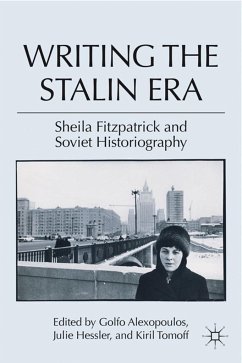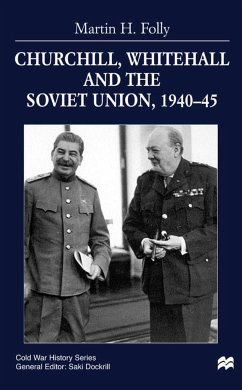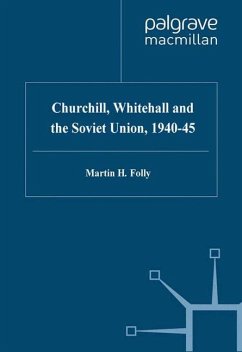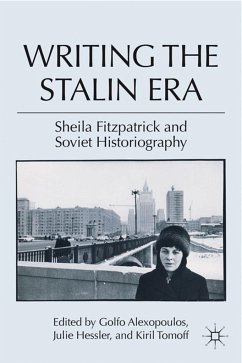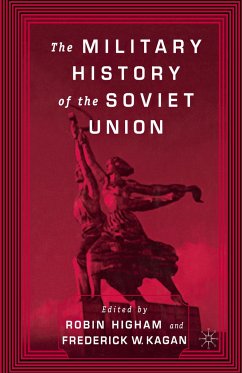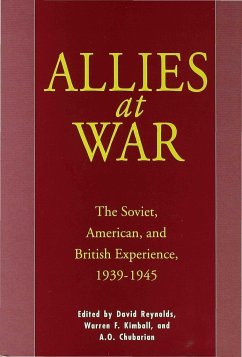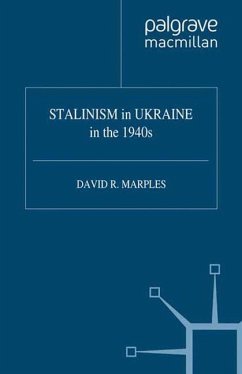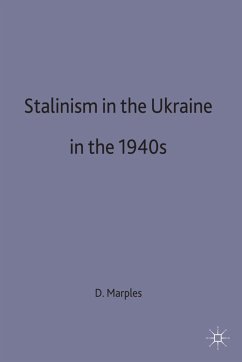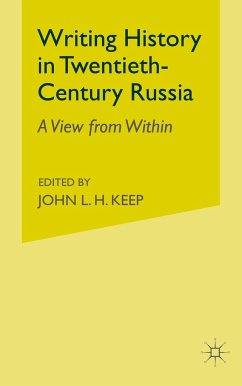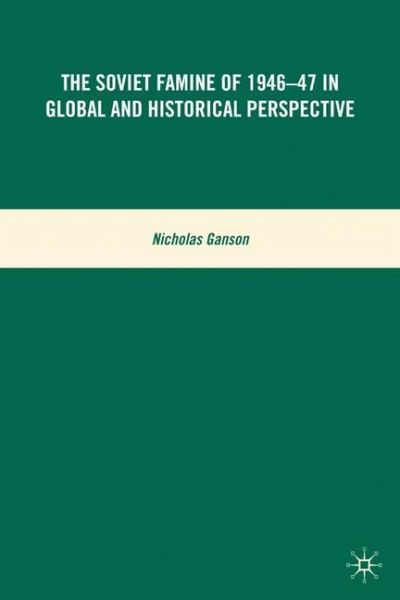
The Soviet Famine of 1946-47 in Global and Historical Perspective
Versandkostenfrei!
Versandfertig in 6-10 Tagen
38,99 €
inkl. MwSt.

PAYBACK Punkte
19 °P sammeln!
This book illuminates a little-known but tremendously significant twentieth-century crisis in the Soviet Union. Drawing on archival materials declassified since the fall of communism, Nicholas Ganson situates the famine of 1946-47 at the crossroads of Soviet social and political history, World War II, the Cold War, ideology, and famine in the modern world. He sheds light on the perspectives of Soviet elites and gives voice to the famine s victims. In revealing the multi-causality of the postwar hunger, this ambitious work challenges the received wisdom about the relationship between politics a...
This book illuminates a little-known but tremendously significant twentieth-century crisis in the Soviet Union. Drawing on archival materials declassified since the fall of communism, Nicholas Ganson situates the famine of 1946-47 at the crossroads of Soviet social and political history, World War II, the Cold War, ideology, and famine in the modern world. He sheds light on the perspectives of Soviet elites and gives voice to the famine s victims. In revealing the multi-causality of the postwar hunger, this ambitious work challenges the received wisdom about the relationship between politics and famine.





